Apple denies NSA data-grabbing backdoors exist in iOS
Claims made by forensic data scientist at hacking conference about iOS access flaws denied by Apple
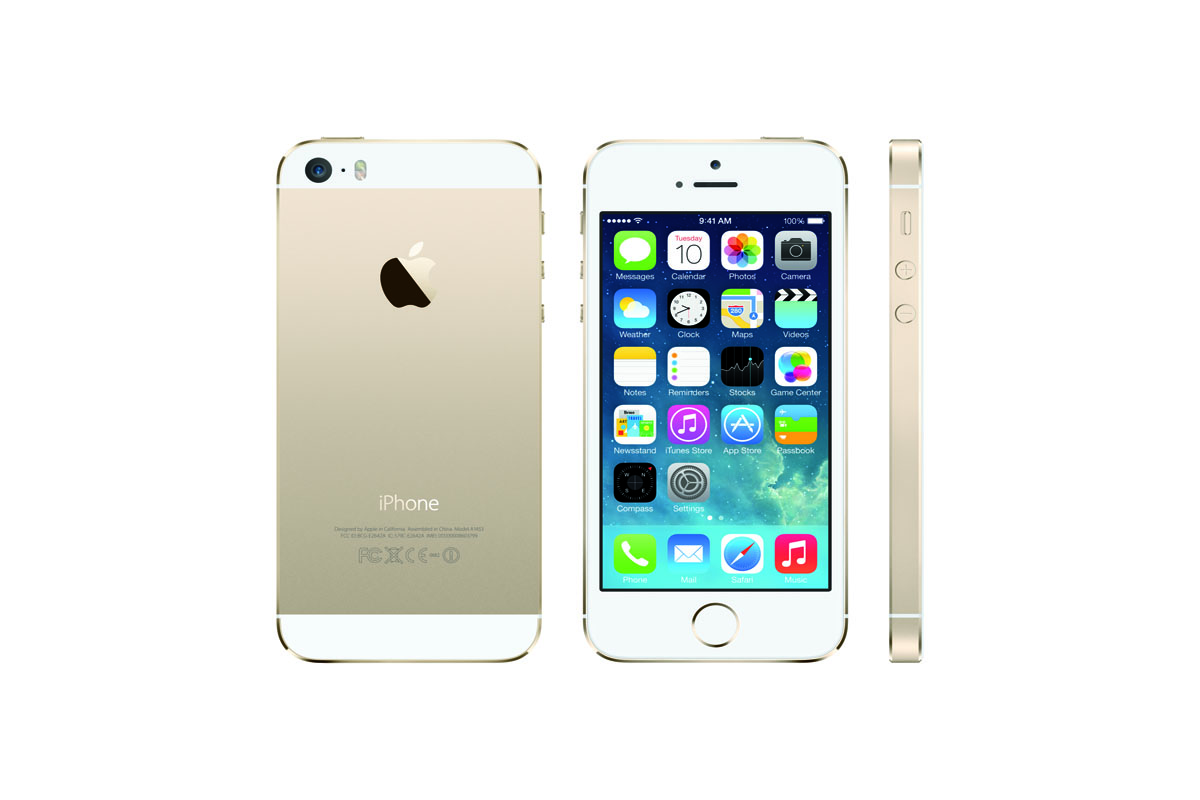
Apple's iOS mobile operating system contains numerous backdoors that allow hackers to bypass its PIN and password controls to steal users' personal data, a data forensics scientist has claimed.
Speaking at the Hackers of Planet Earth (HOPE) conferences last week, Jonathan Zdziarski shared with delegates details about various backdoors he claims to have found in iOS-running devices that could potentially be exploited by government agencies, such as the NSA.
During his presentation he flagged several mobile OS features that could make the OS vulnerable to government snooping, although he has since gone to great lengths to reiterate that he has not accused Apple of working with the NSA.
We have designed iOS so that its diagnostic functions do not compromise user privacy and security, but still provides needed information to enterprise IT departments.
These include the "lockdownd", "Pcapd" and "mobile.file_relay", which it is claimed can side-step encrypted backups to plunder data on the behalf of third parties.
In a blog post, published in the wake of his appearance at the conference, he said Apple needs to explain to the 600 million people using iOS devices why this capability is included in the mobile operating system.
"At the same time, this is NOT a zero day and NOT some widespread security emergency. My paranoia level is tweaked, but not going crazy," he added.
"My hope is that Apple will correct the problem. Nothing less, nothing more. I want these services off my phone. They don't belong there."
Sign up today and you will receive a free copy of our Future Focus 2025 report - the leading guidance on AI, cybersecurity and other IT challenges as per 700+ senior executives
The claims have been strenuously denied by Apple in a statement to iMore, where it was also quick to stress that it has never worked with any government agency to install a backdoor in one of its products.
"We have designed iOS so that its diagnostic functions do not compromise user privacy and security, but still provides needed information to enterprise IT departments, developers and Apple for troubleshooting technical issues," the statement reads.
"A user must have unlocked their device and agreed to trust another computer before that computer is able to access this limited diagnostic data.
"The user must agree to share this information, and data is never transferred without consent," it added.
NSA whistleblower Edward Snowden also spoke, via video link, at the conference this week, and urged attendees to use their skills and expertise to build anti-surveillance products.
-
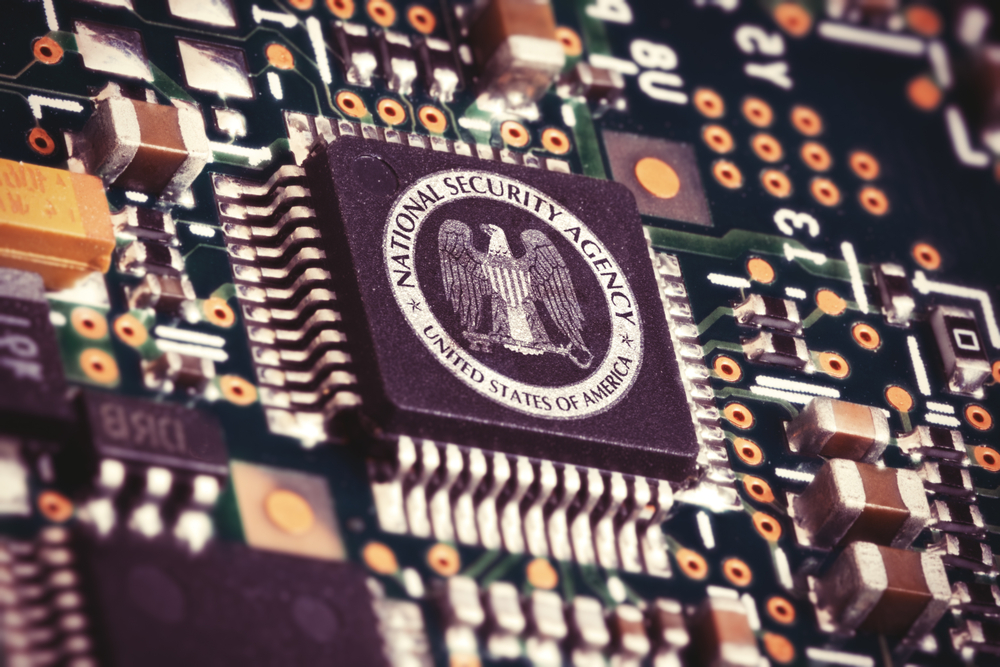 Shadow Brokers: Microsoft Windows flaws were already patched
Shadow Brokers: Microsoft Windows flaws were already patchedNews NSA allegedly had the ability to breach bank messaging system
-
 Microsoft confesses to 14% global device market share
Microsoft confesses to 14% global device market shareNews Firm to tackle Chromebooks with $199 HP Stream laptop
-
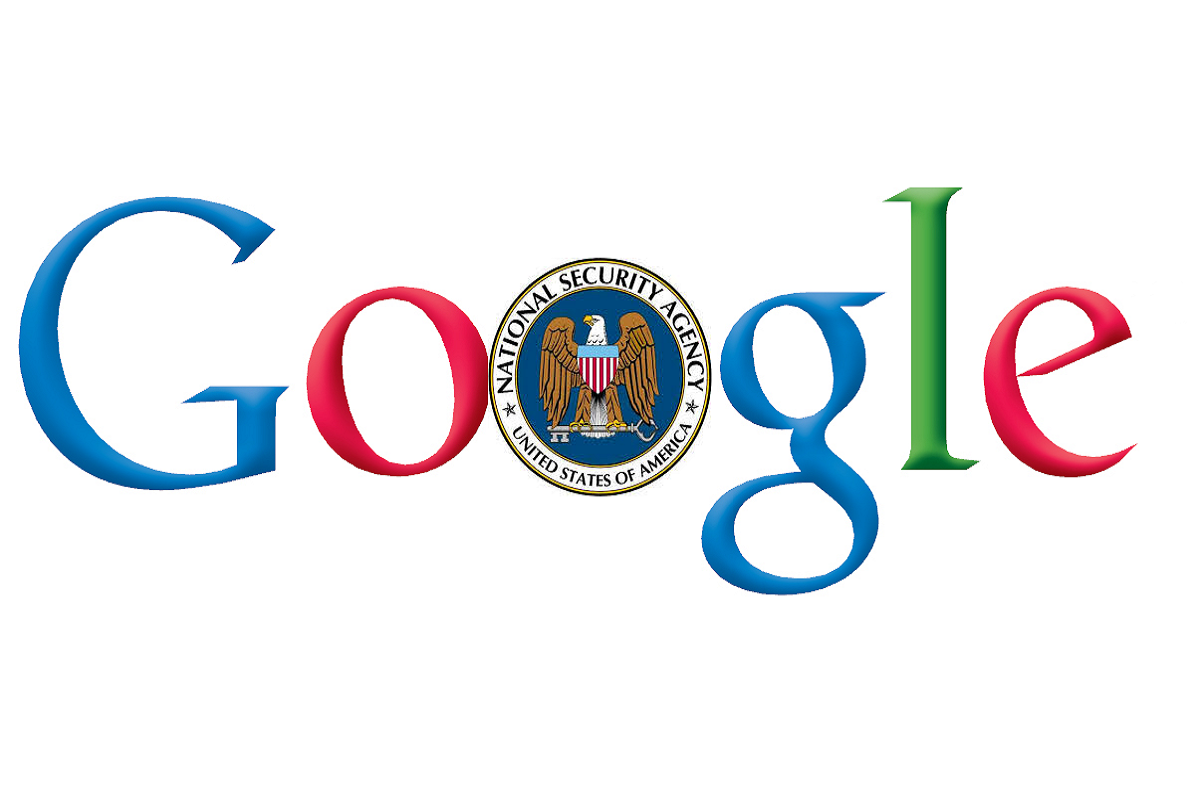 Leaked emails show NSA's close ties with Google
Leaked emails show NSA's close ties with GoogleNews NSA organised meetings with Google execs to discuss security issues, it is claimed
-
 GCHQ and NSA accused of using Angry Birds and Google Maps to nab user data
GCHQ and NSA accused of using Angry Birds and Google Maps to nab user dataNews Surveillance agencies have reportedly tried to collect personal information leaked from smartphone and tablet apps.
-
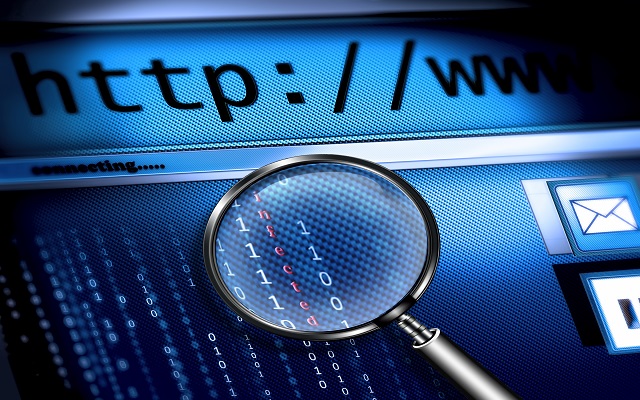 PRISM fallout could damage business, claim Google and Cisco
PRISM fallout could damage business, claim Google and CiscoNews BRIC revenues decline following Snowden revelations
-
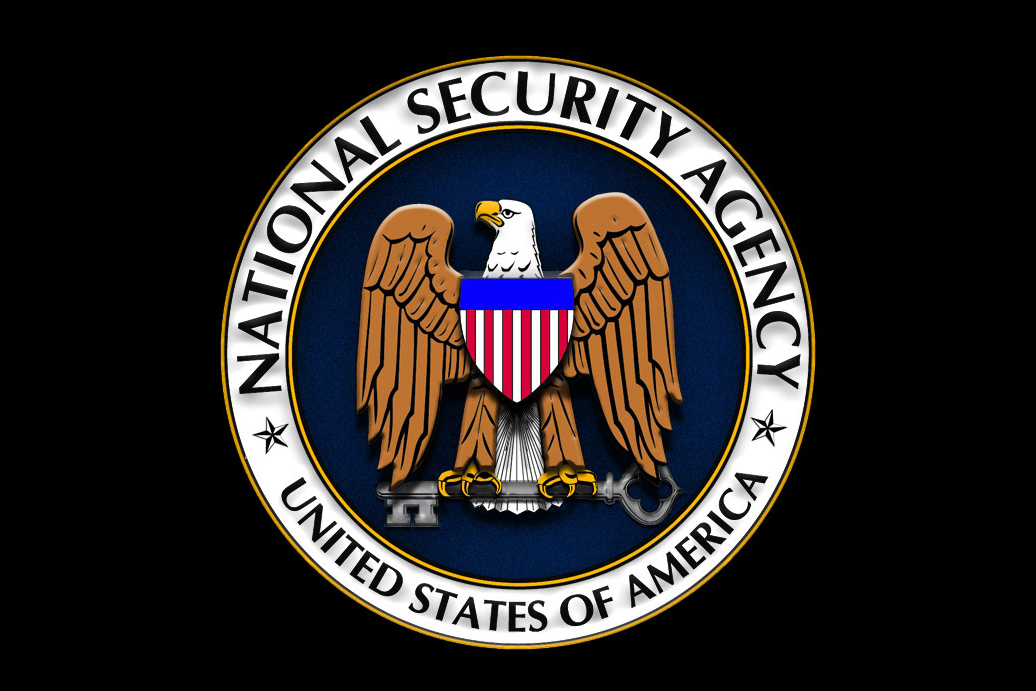 NSA intercepts data from Google and Yahoo servers
NSA intercepts data from Google and Yahoo serversNews Agency said to be using unnamed telecoms providers to glean data.
-
 NSA paid Google, Yahoo and Microsoft to cover PRISM compliance costs
NSA paid Google, Yahoo and Microsoft to cover PRISM compliance costsNews Firms had to cover compliance costs for Project PRISM.
-
 US National Security Agency ‘enhanced’ Windows 7
US National Security Agency ‘enhanced’ Windows 7News The US government agency has been working with IT companies to raise the level of security in the public and private sectors.

